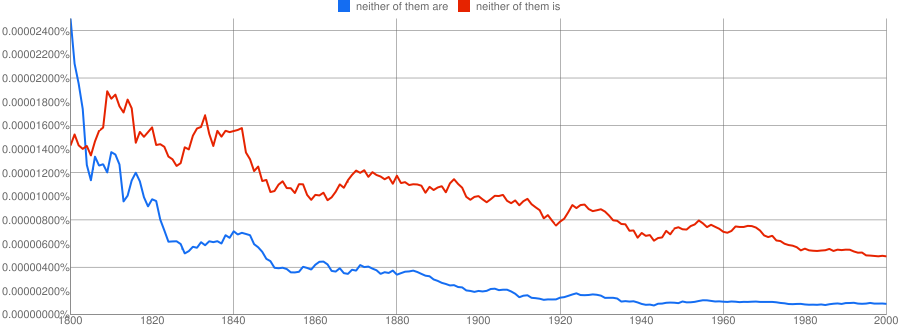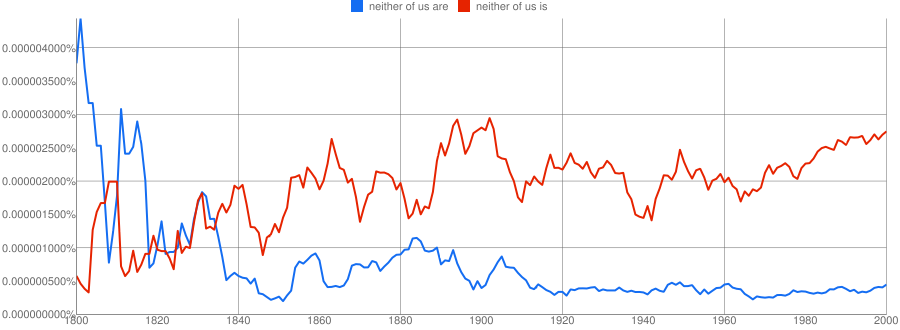A. Neither or "not either" refers to at least two things, so the plural is used in this form:
[Neither of them] are awesome.
WHERE [...] represents more than one since neither can refer to 2 or more people, places, objects, concepts etc. Neither NEVER refers to just one, however, you can force this to be singular:
[Neither one] of them is awesome.
WHERE [...] represents only one indefinite reference of the 2 or more possibilities.
B. Neither can be replaced by at least 2 references to illustrate this via substitution:
[Kathy and Jane] are awesome.
Neither [Kathy nor Jane] are awesome.
Using is would be akin to the sentence:
[Kathy and Jane] is awesome (wrong)
[Neither of them] is awesome (also wrong)
So it makes sense to use the plural conjugation of the verb "to be" in these cases.
Some more examples:
- Kathy is awesome.
- Jane is awesome.
- Neither of them are awesome.
- Only Kathy is awesome.
- One of them is awesome.
- Neither one is awesome.
- Neither of them are awesome.
- They are awesome.


